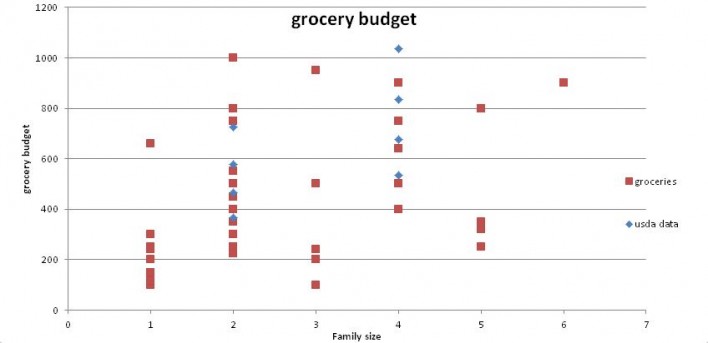Not too long ago I had a bad toothache. At first, I thought it was just sensitivity. I’ve had that in the past and using special toothpaste for several months took care of it. When cold drinks no longer caused that little shock, I pronounced myself cured and switched back to whatever was on sale. Now it seemed it was back. I purchased some of the special toothpaste but over the course of several days, the problem worsened. Now it was not just cold or hot that brought on that flash of pain, it was just about anything including breathing. The little shocks had become a constant throb accompanied by feelings of an occasional high voltage electrocution.
The dentist wrote me a pain and penicillin scripts and referred me to the endodontist. That was Thursday and the earliest the specialist could see me was Tuesday. The pain pills made me sick and after spending most of Friday laid out I decided I could tough it out on Advil.
It was in that condition that I googled “toothache cures”. If you ever have the feeling that your life sucks, read some of the posts to the forums for toothache home remedies. I knew all I had to do was make it from Friday to Tuesday and the Advil was doing a good job of making my pain tolerable. Many of these poor people were suffering with toothache pain with no end in sight. The difference between them and me was that I had the $2400 set aside to handle this.
We guard our emergency fund vigorously. We have built up sinking funds to cover most expected expenses that used to be emergencies for us. Things like home or car repair, taxes, insurance and medical expenses. We tend to be very careful and conservative with what we spend from these funds but when you or someone you love is in pain it’s really easy to write that check.
We could easily spend $200 a month more eating out, or eating in for that matter. It would not take me long to run through $200 at the sporting goods store or the bike shop or Target. By NOT doing those things for a year, we were able to save the $2400 necessary to fix my tooth.
I never want to be the one typing this at 2 in the morning:
I’ve had a toothache for a while, I have a gap between my molars with a black hole right at the root. I haven’t been able to get any sleep and have tried about everything. Here’s some things I did that helped though damped a wash cloth, microwaved in 30 seconds and put it in a ziplock baggy and rested it against my face, the hotness seemed to help soothe the pain, it didn’t get rid of it but helped a little. I took one Benadryl before bed and it seemed to lessen the pain. I gargled antiseptic mouthwash for about 30 seconds. My eyes also hurt along with my tooth.
and I’m willing to make some small sacrifices now to ensure that I never will. Are you?
